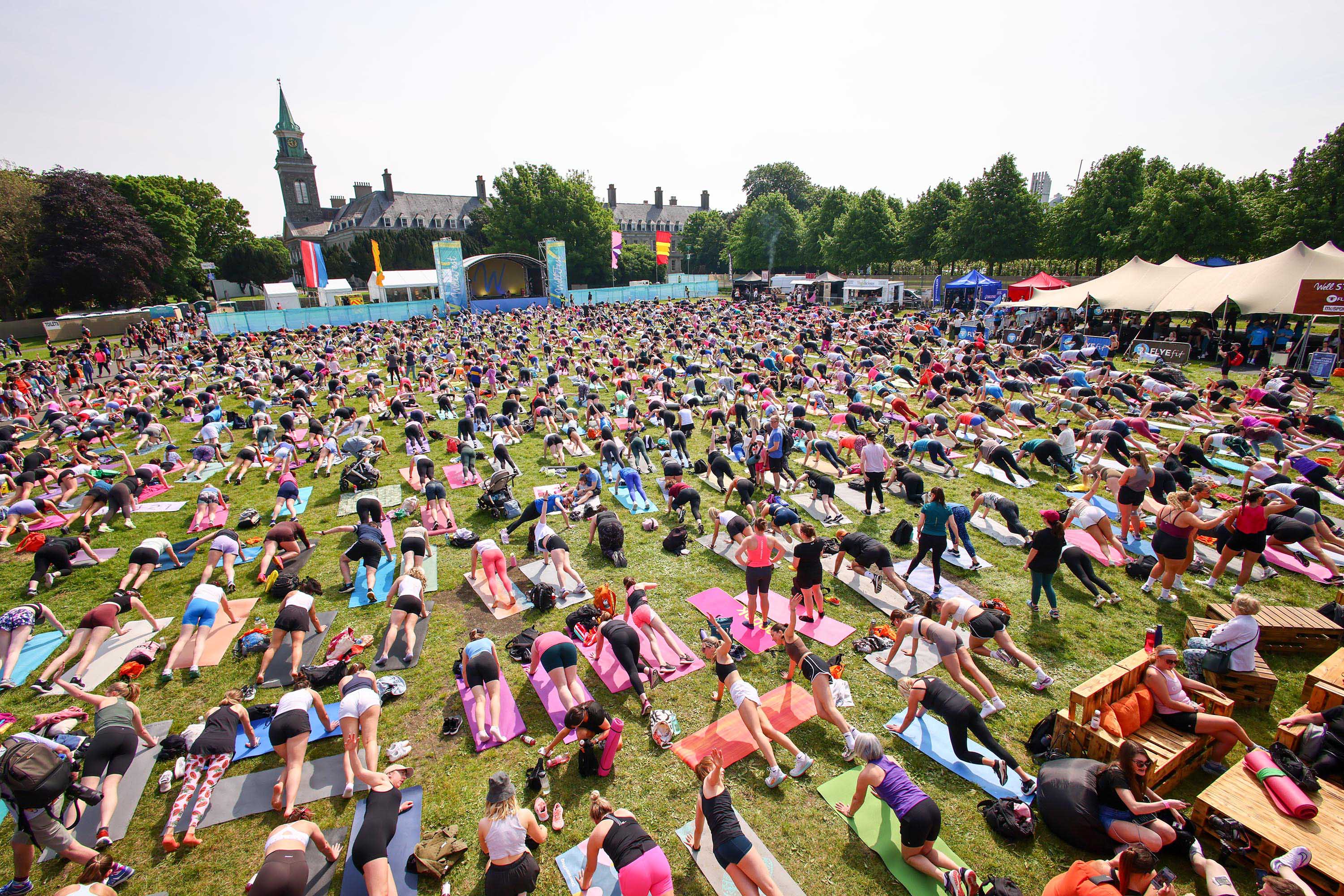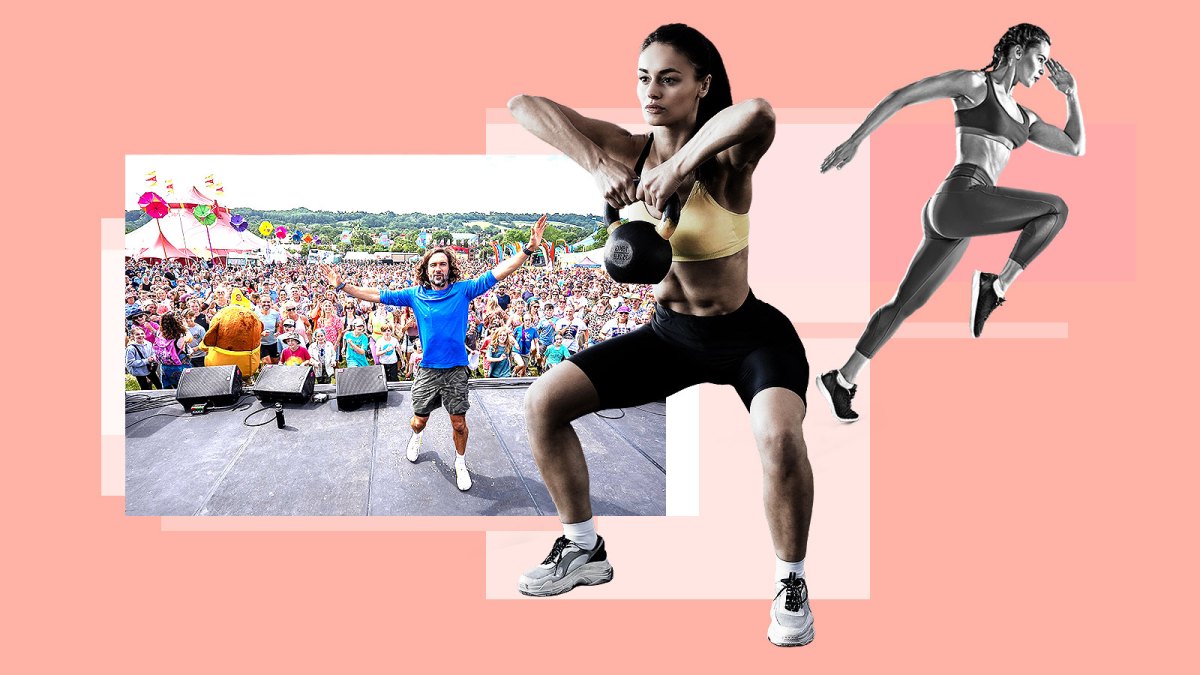Being shouted at to do more press-ups by a gym instructor is some people’s idea of fun, while others love nothing more than a gentle stroll in the park.
A study by University College London (UCL) has suggested reasons why we have different exercise preferences — all linked to our personality types.
Researchers found that extroverted and outgoing people were more likely to enjoy high-intensity training, such as a spin class, weightlifting or sprinting intervals. Those who were neurotic — more anxious and emotionally unstable — preferred short bursts of intensity rather than prolonged aerobic exercise, meaning they tended to be less fit when it came to activities such as jogging or swimming.
Meanwhile, people who scored highly for conscientiousness — reflected by traits such as reliability and planning — had the highest all-round fitness levels and tended to complete the most hours of exercise per week.
Experts said this was probably because conscientious types were driven by the health benefits of exercise and stuck to activities such as running or going to the gym knowing it was “good for them”.
The study, published in Frontiers in Psychology, involved 132 volunteers with a range of fitness levels and backgrounds. Their baseline fitness was assessed at the beginning of the programme, which used strength tests including press-ups, the plank and jumping, as well as cycling tests to measure aerobic fitness.

Extroverts enjoyed exercising in a group setting, whereas neurotics preferred privacy
WWW.MARCOSULLIVAN.IE
The participants were divided into two groups. Those in the first were asked to continue with their usual exercise routine, while the second group were provided with an eight-week programme to follow. All the volunteers completed questionnaires on how much they enjoyed each workout.
They then had their personalities assessed using the “big five” model, which categorises people according to whether their dominant trait is extroversion, agreeableness, conscientiousness, neuroticism or openness.
Dr Flaminia Ronca, of UCL’s Institute of Sport, Exercise and Health and the first author of the study, said: “We found some clear links between personality traits and the type of exercise the participants enjoyed most, which I think is important because we could potentially use this knowledge to tailor physical activity recommendations to the individual — and hopefully help them to become and remain more active.
“We know that the global population is becoming increasingly sedentary. You often hear about people trying to become more active but struggling to make lasting changes. In this study, we wanted to understand how personality can influence this to support the development of effective interventions for changes in health behaviour.”
Some of the differences included that extroverted participants enjoyed high-intensity sessions with other people the most, meanwhile those who scored high on neuroticism sessions with short bursts of intensity where they were not being watched. Conscientious people scored highest on overall fitness metrics, but did not tend to prefer one activity over another.
The participants also had their stress levels tested before and after the eight-week exercise programme. However, the only group to experience a significant reduction in stress levels after exercising were those who scored highly in the neuroticism trait.
Professor Paul Burgess, an author of the study from the UCL Institute of Cognitive Neuroscience, said: “We found that people who scored more highly in the neuroticism personality trait showed a particularly strong reduction in stress when they undertook the fitness training recommended in the study. This suggests that there may be particular benefits in stress reduction for those with this trait.”
The researchers concluded that the most important thing people can do to improve their activity level is to find something they enjoy so they stick with it.
Previous research had shown that extroverts were most likely to take part in team sports, which was thought to be because they enjoyed seeking stimulation.
Meanwhile, people who scored highly for neuroticism were less likely to exercise, which had been thought to be due to perceived stress and a focus on fear of failure. This study concluded that this group may prefer short durations of high-intensity training over longer sessions as it provides less opportunity for negative self-talk.
